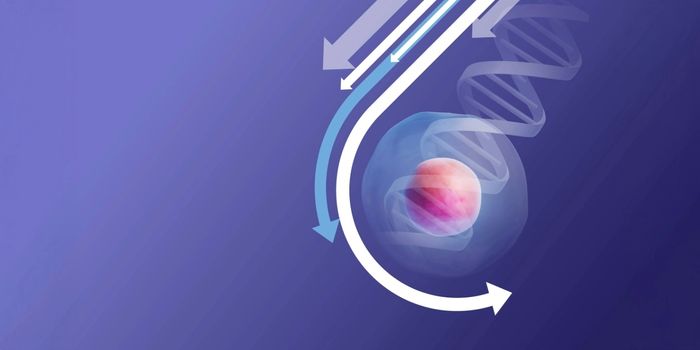Scientists Find a Potential Cause and Treatment for Shorter Life Span in Men
Scientists are beginning to understand the significant impact of a process called hematopoietic mosaic loss of Y chromosome (mLOY). While organisms age, they slowly acquire mutations in the body’s cells. These mutations can be a result of exposure to mutagens, errors in endogenous DNA replication, or a normal result of genomic instability.
After mutations occur in the body’s cells (also referred to as somatic stem cells), the mutations spread when those cells create identical copies through replication. This pattern of mutated and non-mutated cells is described as a mosaic, since some cells in the body (the progeny of the mutated stem cells) end up with the mutation and some (the progeny of the nonmutated stem cells) do not.
Researchers are increasingly recognizing the importance of mosaic loss of Y chromosome (mLOY) as a risk factor in aging in those with XY chromosomes. Loss of Y chromosome increases over time and has been found in up to 40% of leukocytes in individuals over 70 years old. Recent studies suggest that this could explain why men die, on average, several years younger than women.
A recent study published by researchers at the University of Virginia School of Medicine further elucidated the impact of mosaic loss of Y chromosome on age-related disease. The researchers modeled the process of Y chromosome loss in mice by reconstituting their bone marrow with cells lacking the Y chromosome.
The mice that had their bone marrow reconstituted were substantially more likely to develop fibrosis and decreased cardiac function. They were less likely to develop markers of disease after being treated with a transforming growth factor β1–neutralizing antibody. This suggests that the same drug could be tested to combat age-related disease in humans.
The researchers also did a prospective study to show that humans with loss of chromosome Y were also at a significantly greater risk of cardiac pathology including heart scarring and propensity for deadly heart failure.
“Particularly past age 60, men die more rapidly than women. It’s as if they biologically age more quickly,” said Dr. Walsh, director of UVA’s Hematovascular Biology Center and author of the paper. “Studies that examine Y chromosome loss and other acquired mutations have great promise for the development of personalized medicines that are tailored to these specific mutations.”
Sources: Science, Cell Metabolism, Science








